Interviews
The moment he realized he identified as an American
I knew I was an American when I guess I was in 10th grade. My uncle who lives in Japan, he's my father’s younger brother, he’s number three. And he was given away as an adopted boy to another family because they had no heirs in that particular family. So my uncle came to our house in [the] United States at that time and he has no heirs. They’renot able to have any children. So he asked me to be adopted by him to take over his business when I grow up. And he has a very successful business in Hiroshima. And I told him, “No, there’s no way I could do that. I’ve got football practice next week.” I guess that's the point I realized, Hey I’m a Yankee, I’m an American.
Date: September 3, 2019
Location: California, US
Interviewer: Masako Miki
Contributed by: Watase Media Arts Center, Japanese American National Museum
Explore More Videos
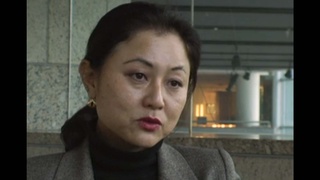
The reactions of others when I got my American citizenship (Japanese)
Shin-Issei from Gifu. Recently received U.S. citizenship

Americanized values (Japanese)
Shin-Issei from Gifu. Recently received U.S. citizenship
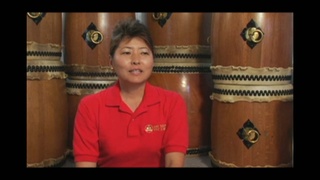
The multicultural perspective
(b.1960) Third-generation taiko drummer, leader of Maui Taiko
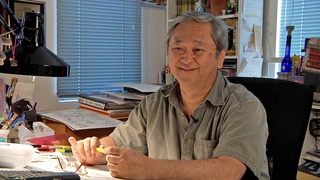
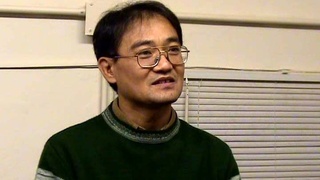
A personality fit for Argentina (Japanese)
Okinawan. Vice Principal of Japanese language school in Buenos Aires

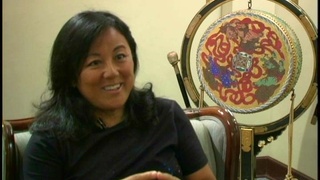
The Nikkei Integration into society (Spanish)
(b. 1962) Peruvian Poet, Okinawan descendant


Does a Nikkei culture exist? (Spanish)
(b. 1962) Peruvian Poet, Okinawan descendant

The Okinawan idiosyncrasies (Spanish)
(b. 1962) Peruvian Poet, Okinawan descendant

Feminist, ecologist, Buddhist… activist (Spanish)
(b. 1962) Peruvian Poet, Okinawan descendant



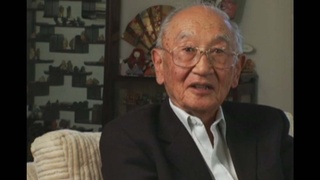
Try to be a bridge between both countries
(1919-2020) Member of the 1800th Engineering Battalion. Promoted Japan-U.S. trade while working for Honda's export division.
